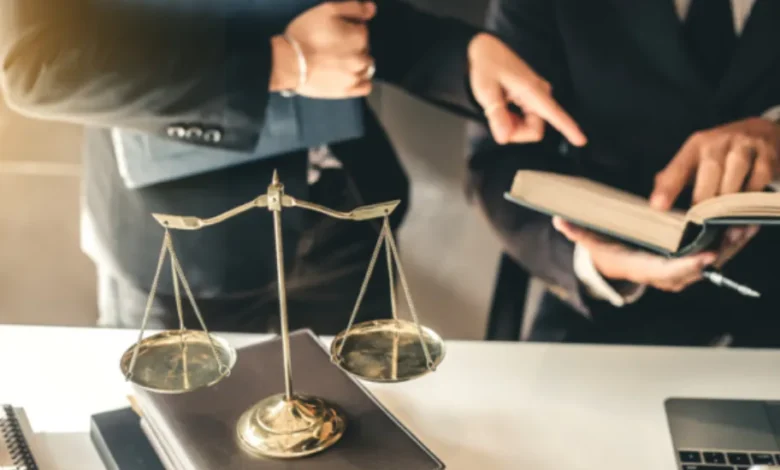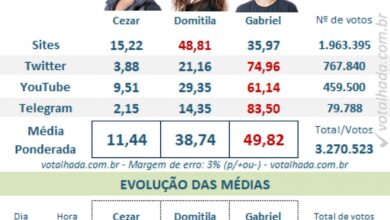Understanding the Role of a Child Pornography Lawyer: Legal Framework, Defense, and Social Implications

Cases involving child pornography are among the most serious offenses in criminal law. They carry severe penalties, lasting social consequences, and complex legal nuances that can be difficult for the general public to understand. A child pornography lawyer specializes in defending individuals accused of these crimes while ensuring that justice and due process are upheld. Understanding what such cases involve, how the law treats them, and what rights the accused have is crucial to appreciating both the legal and ethical dimensions at play.
Contents
What Constitutes Child Pornography Under the Law
Child pornography is broadly defined as any visual representation—photographs, videos, or digital images—that depicts a minor engaged in explicit sexual activity. In the United States, federal law under 18 U.S.C. § 2256 defines a “minor” as anyone under the age of 18. Importantly, this includes not only real images but also computer-generated or manipulated images that appear to show minors in sexual acts.
Federal vs. State Laws
While federal law sets the standard for child pornography offenses, individual states often have their own statutes that supplement or extend these definitions. For example, some states criminalize the mere possession of such material, while others impose additional penalties for distribution or production. A child pornography lawyer must navigate both federal and state systems, understanding how charges and sentencing differ depending on jurisdiction.
Common Misconceptions
Many people mistakenly believe that accidental downloads or unintentional exposure to such material cannot lead to charges. In reality, possession—even without intent to distribute—can still result in prosecution. That said, intent, knowledge, and digital evidence play key roles in determining criminal liability.
The Role of a Child Pornography Lawyer
A child pornography lawyer provides specialized legal defense to individuals accused of possessing, distributing, or producing child sexual abuse material (CSAM). These cases are often highly technical, relying on digital evidence such as internet search histories, hard drive data, and online communications.
Ensuring Constitutional Rights
One of the lawyer’s primary responsibilities is to ensure that the accused person’s constitutional rights are protected. This includes challenging illegal searches, questioning how evidence was obtained, and ensuring the prosecution meets its burden of proof. The Fourth Amendment, which guards against unreasonable searches and seizures, is particularly relevant in these cases, as digital evidence must be collected lawfully.
Evaluating Digital Evidence
Modern technology complicates many child pornography cases. Data can be transferred, shared, or even planted without a user’s knowledge. For this reason, a defense attorney often collaborates with forensic computer experts to analyze metadata, file origins, and timestamps. Understanding whether files were intentionally downloaded or automatically cached by a web browser can make a significant difference in the outcome of a case.
Ethical Considerations
Defending a person accused of child pornography is a delicate task. A child pornography lawyer is not defending the crime itself but ensuring that every defendant receives a fair trial, regardless of the emotional weight of the allegations. The ethical foundation of criminal defense is built on protecting due process, not condoning the alleged behavior.
Penalties and Long-Term Consequences
Convictions for child pornography offenses result in severe penalties, including lengthy prison sentences, substantial fines, and mandatory registration as a sex offender. Federal sentencing guidelines often impose a minimum of five years for possession and significantly more for production or distribution.
Collateral Consequences
Beyond imprisonment, individuals face long-term challenges such as employment restrictions, limitations on housing, and loss of social standing. The sex offender registry imposes ongoing reporting requirements and often makes reintegration into society extremely difficult. These far-reaching effects illustrate why effective legal representation is so critical in such cases.
Legal Defenses in Child Pornography Cases
A child pornography lawyer may employ several defense strategies depending on the facts of the case. While each situation is unique, common approaches include:
1. Lack of Knowledge or Intent
The defense may argue that the defendant did not knowingly possess or distribute illicit material. For instance, files automatically downloaded through pop-ups or malware infections may appear in a user’s cache without deliberate action.
2. Unlawful Search and Seizure
If law enforcement obtained evidence without a valid warrant or exceeded the scope of their search, the defense can file a motion to suppress the evidence under the exclusionary rule.
3. Mistaken Identity or Hacked Accounts
Online anonymity and shared devices can create confusion about who accessed or stored certain files. Digital evidence may show activity from an IP address, but not necessarily identify the individual responsible.
4. Entrapment
In some instances, defense attorneys argue that law enforcement induced the defendant to commit an act they otherwise would not have. This defense requires showing that the idea originated from investigators rather than the accused.
For further reading on constitutional protections in criminal cases, readers may refer to resources provided by the American Civil Liberties Union (ACLU) at https://www.aclu.org.
The Broader Social and Psychological Context
While the legal aspects of child pornography cases are clear-cut, the broader context involves complex social and psychological dimensions. Many accused individuals struggle with addiction, compulsion, or mental health issues that require therapeutic intervention in addition to legal defense. Courts are increasingly recognizing the importance of rehabilitation alongside punishment, though the balance remains controversial.
Public awareness is also vital. Understanding how these crimes occur and how digital spaces can be misused helps prevent exploitation and encourages responsible online behavior. Legal education, parental supervision, and digital literacy all play roles in reducing the prevalence of such offenses.
The work of a child pornography lawyer sits at the intersection of law, ethics, and technology. These attorneys navigate some of the most sensitive and complex areas of criminal defense, balancing the rights of the accused with the moral imperative to protect children. By ensuring that legal procedures are followed correctly and that every person receives a fair trial, they uphold the principles of justice on which the legal system depends.
Although these cases provoke strong emotions and social condemnation, understanding the legal process provides crucial insight into how society confronts and prosecutes crimes involving the exploitation of minors—an issue that demands both compassion and clarity.




